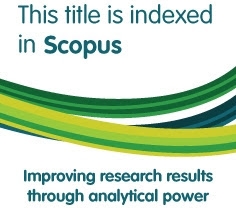Al-Jawānib al-Nafsī al-Ijtimā’īyah fī al-Aslimahbi Janūb Sharq Āsiyā fī al-Qarn 15-17
Abstract
This article specifically focuses on Southeast Asia's Islamization as a psycho-social Process this work specifies psycho-social factors as determinant factors in explaining the success of Islamic missionary. Psycho-social factor is defined as the way in which the indigenous people psychologically comprehend their situation and understand their environment. This psychological phenomena then motivated people to convert to Islam. Within this framework, what the indigenous people think of themselves (view from within), not outsiders' perceptions, nor the notes from rulers or dominant groups, are the foundation to reconstruct history. In this model, the traders had the most important role in Islamization. Economic motive was most likely the strongest reason for people to convert to Islam.
Keywords
Full Text:
PDFDOI: https://doi.org/10.15408/sdi.v17i2.463
Refbacks
- There are currently no refbacks.

All publication by Studia Islamika are licensed under a Creative Commons Attribution-NonCommercial 4.0 International License.
Studia Islamika, ISSN: 0215-0492, e-ISSN: 2355-6145
View My Stats
